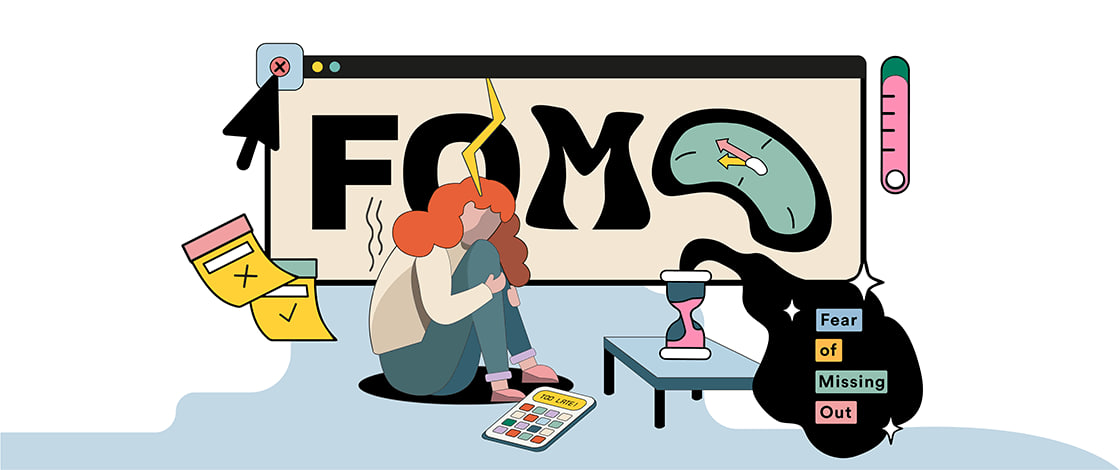Long-distance relationships (LDRs) have become more common in our increasingly globalized world. Whether due to career demands, education, or personal circumstances, many couples find themselves living miles apart for extended periods of time. While some couples thrive in the absence of constant physical proximity, others face psychological challenges that can test the strength of their bond. Understanding the psychological effects of long-distance relationships is important, as it can help couples navigate these unique challenges while fostering a healthy emotional connection despite the distance.


1. Feelings of Loneliness and Isolation
One of the most common psychological effects of long-distance relationships is loneliness. Being physically separated from a partner for long periods can lead to feelings of isolation and emotional distance. Couples may miss the everyday moments of togetherness—cuddling on the couch, sharing meals, or simply being in the same space. These seemingly small but meaningful interactions can be difficult to replicate virtually, leading to a sense of emotional emptiness.
For some, this isolation can also extend to feeling disconnected from their support networks. If a person’s partner was a significant part of their social life, the absence of that support can increase feelings of loneliness, even in a crowded room.
Coping strategies: Regular communication through video calls, texts, and other virtual means can help reduce feelings of isolation. Setting aside quality time to connect, even across the distance, is crucial to maintaining emotional intimacy. Additionally, building and strengthening other social connections can help combat loneliness and provide emotional support.
2. Increased Anxiety and Uncertainty
Anxiety is another common psychological effect that can arise in long-distance relationships. Being physically separated from your partner often means that you lack the immediate reassurance that comes with close proximity. This can create feelings of uncertainty, especially when it comes to issues like commitment, the future of the relationship, and trust.
The lack of in-person communication can also lead to overthinking. Partners may worry about the other’s feelings, intentions, or potential for infidelity, especially when communication is inconsistent or when the relationship is still in its early stages. This anxiety can be magnified by the unknowns of how long the distance will last and what the future holds.
Coping strategies: Open and honest communication is key to addressing anxiety in long-distance relationships. Setting clear expectations and having regular discussions about each partner’s needs, worries, and plans for the future can help alleviate some of the uncertainty. It may also help to focus on what can be controlled—like maintaining emotional connection and trust—rather than dwelling on hypothetical fears or uncertainties.
3. Strain on Communication
Effective communication is vital to any healthy relationship, but long-distance relationships present unique challenges. While modern technology offers numerous ways to stay in touch, digital communication can never fully replicate face-to-face interaction. Misunderstandings can occur more easily in text-based communication, where tone, facial expressions, and body language are absent. In addition, the delay between messages or calls can sometimes lead to frustration or feelings of neglect.
For some couples, lack of communication can create emotional distance, leading to feelings of disconnection. Even with frequent check-ins, the absence of in-person reassurance and intimacy can make it harder to resolve conflicts or feel fully supported.
Coping strategies: To minimize the strain on communication, couples in long-distance relationships can prioritize quality over quantity. Rather than focusing on how often they communicate, they can invest in more meaningful conversations. Using video calls to bridge the gap between texting and in-person interactions can help maintain emotional closeness. Couples should also work to establish a consistent communication routine that works for both partners, ensuring they both feel heard and valued.
4. Challenges with Trust and Insecurity
Trust is the foundation of any relationship, but in a long-distance relationship, maintaining trust can be especially challenging. The physical distance and lack of daily interaction can trigger insecurities about a partner’s loyalty, commitment, or intentions. Without the regular reassurance that comes with being in close proximity, one or both partners may begin to question the strength or stability of the relationship.
Feelings of jealousy can also arise if one partner is unsure of the other’s social life or activities. The lack of transparency or uncertainty about a partner’s whereabouts can lead to emotional distress.
Coping strategies: Building and maintaining trust in a long-distance relationship requires transparency and reassurance. Partners should be open about their feelings and fears and avoid engaging in behaviors that could undermine trust, such as secrecy or dishonesty. Establishing clear boundaries and discussing expectations around communication and social interactions can help reduce insecurity and foster a sense of security.
5. Emotional Rollercoaster and Emotional Fatigue
In long-distance relationships, emotions can often feel like a rollercoaster. There are the highs—like the excitement of planning visits or the joy of reconnecting after time apart—but there can also be lows, such as the sadness of saying goodbye or missing your partner’s physical presence. Over time, the emotional ups and downs can be draining, leaving one or both partners feeling fatigued.
This emotional fluctuation can lead to increased stress and burnout. The mental and emotional toll of constant longing for a partner and the challenges of navigating the relationship long-distance can sometimes become overwhelming, particularly if there are other stressors in life (work, family issues, etc.).
Coping strategies: Finding balance is key. While it’s natural to feel sadness or frustration when separated from a partner, it’s important to give yourself time and space to engage in self-care and pursue your own interests. Having a strong support system outside the relationship can help provide perspective and emotional relief. It’s also helpful to celebrate the small wins—like successfully planning a visit or navigating a challenging conversation—rather than focusing solely on the obstacles.
6. Impact on Mental Health and Well-being
Prolonged feelings of sadness, loneliness, or anxiety can contribute to depression or exacerbate existing mental health conditions. The emotional strain of being apart from a partner can lead to a lack of motivation, trouble sleeping, or difficulty concentrating.
However, it’s also worth noting that long-distance relationships can offer certain benefits to mental well-being, particularly for people who value independence or who are highly focused on personal goals like career or education. In these cases, the distance may allow individuals to grow as individuals, fostering a sense of autonomy and emotional self-sufficiency.
Coping strategies: Prioritizing mental health is critical in a long-distance relationship. This includes engaging in healthy coping mechanisms like exercise, therapy, journaling, and mindfulness practices. Couples should encourage each other to take care of their mental health, and they may even consider participating in activities separately, such as personal hobbies or self-care routines, to ensure both partners remain emotionally grounded.
7. Strengthened Relationship (For Some Couples)
While long-distance relationships can be challenging, they can also lead to a stronger connection if both partners are committed to making the relationship work. The physical distance can encourage deeper emotional intimacy, as partners may communicate more thoughtfully and prioritize quality time together when they do connect. The shared experience of overcoming challenges can strengthen the bond and create a sense of resilience in the relationship.
Additionally, the time apart can encourage partners to focus on personal growth and self-discovery, which can, in turn, contribute positively to the relationship when they reunite.
Coping strategies: Couples who thrive in long-distance relationships often find success by maintaining a clear vision for the future. Discussing long-term goals and plans for eventually closing the distance can provide motivation and hope. Regular check-ins on the relationship’s progress and the challenges both partners are facing can help sustain a sense of mutual support.
Recommendation: SITES LEARN SEO
Recommendation: KPOP NEWS ASIA













Leave a Reply